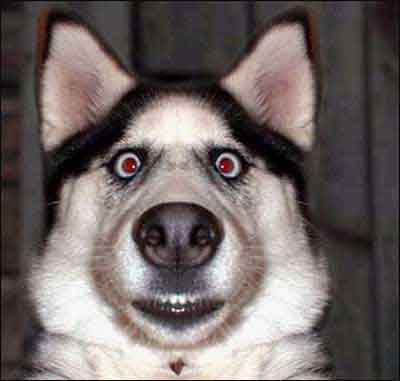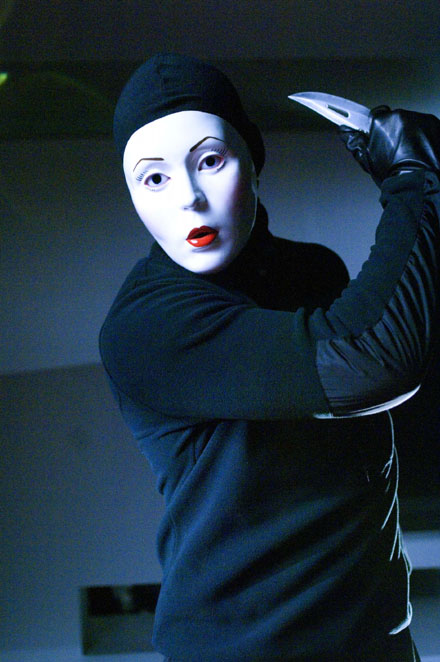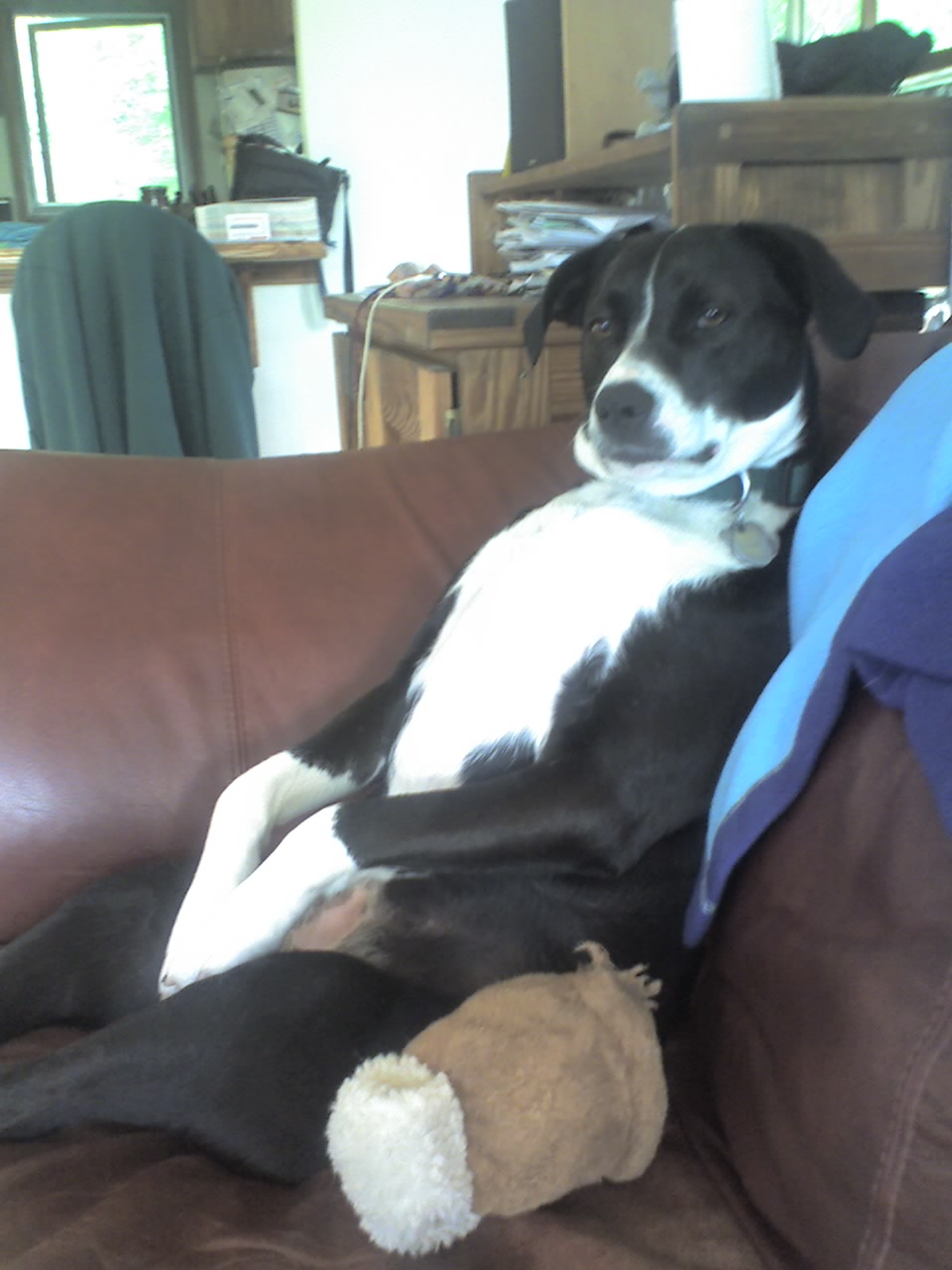TMZ reports that Dane Cook has given up his fight to live in what he believes is an apartment that has a supernatural force.
.jpg) “Cook was evicted from a West Hollywood apartment last August after a jury decided the "comedian" habitually violated the rules requiring him to pick up his dog’s crap.
“Cook was evicted from a West Hollywood apartment last August after a jury decided the "comedian" habitually violated the rules requiring him to pick up his dog’s crap.
“As reported yesterday, Cook threw a Hail Mary at the judge, arguing that hizzoner should block the eviction because the apartment building had almost paranormal qualities — John Belushi and Steve Martin both lived there, and Cook believed if he moved out his creative juices stop flowing and a bad case of writer’s block would ruin his career. Did anyone see "Employee of the Month?"
Cook has apparently abandoned the appeal.
Dog poop contains common pathogens such as tapeworms, roundworms, cryptosporidium, salmonella, E.coli, and many others. Owners, clean up after your dogs and wash your damn hands.
It’s gotten so bad that the Israeli city of Petah Tikva, a suburb of Tel Aviv, has started a six-month trial program where it is matching the DNA of dog poop, either in special containers or found on the street, to a database of registered dogs and their owners.
 “Owners who scoop up their dogs’ droppings and place them in specially marked bins on Petah Tikva’s streets will be eligible for rewards of pet food coupons and dog toys.
“Owners who scoop up their dogs’ droppings and place them in specially marked bins on Petah Tikva’s streets will be eligible for rewards of pet food coupons and dog toys.
“But droppings found underfoot in the street and matched through the DNA database to a registered pet could earn its owner a municipal fine.”

 I am now 6 ½ months pregnant and still somewhat peacefully coexisting with our four pets. But pregnancy has meant giving special attention to handwashing and avoiding cross-contamination.
I am now 6 ½ months pregnant and still somewhat peacefully coexisting with our four pets. But pregnancy has meant giving special attention to handwashing and avoiding cross-contamination.
 However, it is probably not going to affect the residents, since they
However, it is probably not going to affect the residents, since they .jpg) My ex mother-in-law once told me that if I had a baby I would have to get rid of my cats. I replied, “No cats, no baby.” My step-brother’s cats mysteriously disappeared once his firstborn was old enough to crawl. Doug and I have two cats and two dogs and no intention of giving them up or sending them outdoors once the baby arrives. Sure, there’s dog hair all over the floors and it’s going to be a hassle learning to manage new and old responsibilities – and much more difficult to keep pet hair out of the baby’s mouth once she’s mobile. But we committed to the pets long ago and have been working on teaching them their order in the home.
My ex mother-in-law once told me that if I had a baby I would have to get rid of my cats. I replied, “No cats, no baby.” My step-brother’s cats mysteriously disappeared once his firstborn was old enough to crawl. Doug and I have two cats and two dogs and no intention of giving them up or sending them outdoors once the baby arrives. Sure, there’s dog hair all over the floors and it’s going to be a hassle learning to manage new and old responsibilities – and much more difficult to keep pet hair out of the baby’s mouth once she’s mobile. But we committed to the pets long ago and have been working on teaching them their order in the home. 
 Dane Cook recently
Dane Cook recently  “Pick up your dogs’ droppings.”
“Pick up your dogs’ droppings.” .jpg)
.jpg) Pet poop is a problem, but what’s the solution? Many cities have laws concerning scooping poo. Most states will issue a ticket ranging from $25 to
Pet poop is a problem, but what’s the solution? Many cities have laws concerning scooping poo. Most states will issue a ticket ranging from $25 to.jpg) BioArts International is behind a project called
BioArts International is behind a project called .jpg)
 The university’s associate professor in small animal surgery, Geraldine Hunt, introduced the technology here two years ago, and has so far performed the procedure, which can cost about $2000, on 15 dogs.
The university’s associate professor in small animal surgery, Geraldine Hunt, introduced the technology here two years ago, and has so far performed the procedure, which can cost about $2000, on 15 dogs. But dog meat has recently been linked to a spate of salmonella and staph infections, drawing the attention of authorities — and bringing a long-simmering cultural dispute to a boil.
But dog meat has recently been linked to a spate of salmonella and staph infections, drawing the attention of authorities — and bringing a long-simmering cultural dispute to a boil.